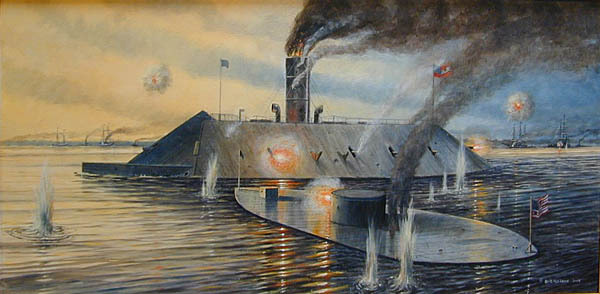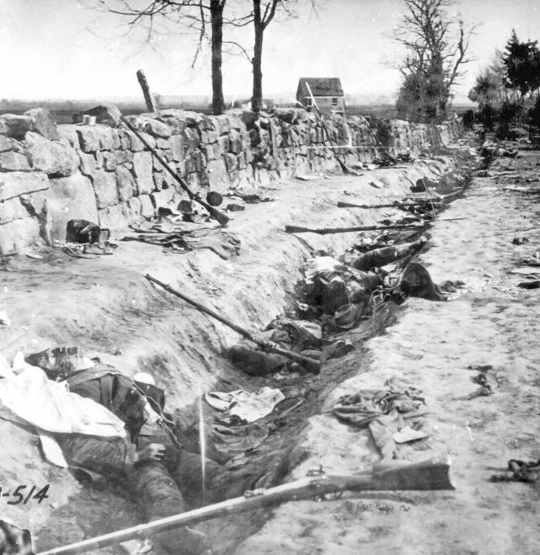Louise E. Rule Interviews David W. Wilkin
for
The Review's Author Interview
David W. Wilkin is the author of Beggars Can't Be Choosier,
David W. Wilkin - Biography from amazon.com Author's Page
Award winning author, Mr. Wilkin is a graduate in history. He has been writing in various genres for thirty years. Extensive study of premodern civilizations, including years as a
re-enactor of medieval, renaissance and regency times has given Mr. Wilkin an insight into such antiquated cultures.
Trained in fighting forms as well as his background in history lends his fantasy work to encompass more beyond simple hero quests to add the depth of the world and political forms to his tales.
Mr. Wilkin regularly posts about Regency history at his blog, and as a member of English Historical Fiction Authors. You can read that blog at http://englishhistoryauthors.blogspot.com/ His very first article was published while in college, and though that magazine is defunct, he still waits patiently for the few dollars the publisher owes him for the piece.
Mr. Wilkin is also the author of several regency romances, and including a sequel to the epic Pride and Prejudice by Jane Austen. His recent work, 'Beggars Can't Be Choosier' has won the prestigious Outstanding Historical Romance award from Romance reviews Magazine.
Welcome David, I would like to thank you for taking the time to speak with me today.
(From the front cover of the book)
When a fortune purchases a title,
love shall flourish, for a heart
that is bought, can never be won
For those who haven't yet read your book, Beggars Can't Be Choosier, would you like to give an outline of the story David?
Sure. Beggars is the story of the Earl of Aftlake who is born with a title, but with very little in the way of money. He has about 100 pounds a year which is near poverty for a titled lord. And it is the story of Miss Katherine Chandler who finds that society snubs her for the low birth of her father and his far too rapid rise to wealth and riches. She needs a husband with stature and Lord Brian needs an heiress. An arrangement is made, though not with a typical stipulation, and they are united. He can use the wealth to build a career for himself in politics and reacquire possession to all the properties of his family that have been mortgaged. She can find a place in society that will allow her to have stature and find perhaps some revenge against those who have snubbed her. As a Regency, though, when such a thing is arranged, the road that the two take to fall in love will twist and turn, but it is inevitable that they will fall in love.
Did you already have a title in place for your book, or is it something that evolved as you wrote the story?
Actually no. I considered it another of my Regency Projects, but the title did suggest itself to me as more of the story developed. I started the first draft in April of 2010, so not sure when I actually titled it. I do like that I could play upon the words and take a common cliché, twist it a bit, and see that it worked.
Research is, of course, imperative for an historical fiction novel. How much research did you have to do, and did you travel to the UK to visit the places that feature in your book?
I've been to the UK several times. My grandfather was an Englishman, and had started the old Millet chain of what was first Army Surplus and became better known as camping goods. the depression and marrying my American Grandmother, had them do what I find many couples do, move close to the wife's family, and so we live over the pond. but with many English relatives, I have travelled often to the Isles.
I do less research now on a Regency novel I am working on, than my earlier works. I have it in my veins now, but I still add to my research daily. I have a degree in History from UCLA, and add to my extensive collection of history on the era all the time. I also post every day a biography of a Regency Era person at my blog: http://thethingsthatcatchmyeye.wordpress.com
It is very interesting how authors create and develop their characters, turning them into believable human beings. How did you develop your characters for Beggars Can't Be Choosier?
The idea came to me slowly about the arranged marriage. We have the thought in our research of the era that a man could live on a hundred pounds a year in London. But a thousand or more is what you need to really have a household. So I worked with that to develop the Earl of Aftlake. I also thought of Georgette Heyer's Grand Sophy, a little because it has been 20+ years since I read that. But a woman, maybe also like Becky Sharp, loud, large, a little brazen, and someone everyone would talk about.
I wanted to get into some issues, with the agreement between my hero and heroine, that would explore events that could bring them closer together, or break them. And so I went into looking at these topics that as a man, I could never truly relate or experience. I asked repeatedly every woman writer I've had a chance to, to give me feedback on the events I do raise in the book. The pregnancy and the other (which I shall keep secret for the readers to discover) and ladies can decide if I have done justice to the issue, or not.
When I start a story I find that the first chapter I either devote to the Hero or the Heroine, and the second is for the opposite character. While writing that chapter I try to reveal the back-story of the character so we can get that out as our base on which the story will be built. I generally will be bringing these chapters to life from a paragraph's worth of details, to a couple pages worth of information I have jotted down.
Covers of books are sometimes seen as an emotive subject; some think that covers aren't important, while others think that they are. I think that they are, as the cover can be a tempting precursor to what lies inside. How did you go about choosing your cover David?
First I have a collection of pictures from the period, or of the period that I can select from. the cover of Beggars is Edward Bretnall's Under the Mistletoe. He passed in 1902 and I, on my limited budget, currently search for inexpensive ways to create a cover. With an idea of what the book is about, as well as the genre, (for my fantasy series, Trolling, you might be able to discern that the close up of one of the Trolls is really me...) I select a picture and place that as my painting. Here, perhaps we have the sense that Brian wants to say something loving and Katherine is pulling away. After all, their marriage is a business arrangement. (Or will it always be such?)
The crucial process of proofreading and editing is very exacting work. Would you like to tell our readers how you go about this please?
Just this week a fellow writer posted on Facebook that they would rather edit 20 pages than write one. I am the opposite. This book went through four drafts, each draft having me edit it and correct it. I first started editing with a double spaced copy and wrote new material in between the lines and along the margins. Then I decided to shrink it to single space and 9 point fonts. I even edited one draft of Beggars during a cruise. Sea days are great days to edit.
After the fourth draft with Beggars, I asked for first readers and two gave me great edited copies back. I should love to be able to pay for professional copy editing, but at near $1,000 we need to sell more than 1,000 copies to make it worth my while to do so. If my sales do break out, then I will put a copy editor on speed dial, and issue more Regencies...
I always like to ask authors if they have a particular routine fore writing. For example, a particular place, time of day, or an aimed-for-word-count. What routine, if any, do you have David?
I aim for four sessions of 1500 words, (about 5) pages, every weekday. So about two or three of those before lunch, and then one in the afternoon. I write a couple bios for the website each day so I can have some backup, and then I can read. Which means reading for fun, or research.
You are a re-enactor, as are many lovers of history. So, would you like to tell our readers a little about your re-enacting life, and how you became involved in it, and does it help you to write your books?
Someone told me to go to this event and they had a girl for me to meet. I loved the event, but the girl and I only were ever destined to be friends. At the event there was medieval dancing, and I turned out to be good at it, and good at teaching it. So I did and have taught over 1,000 in our local Southern California area such dances. While re-enacting and dancing I met my wife at a ball. To woo her, and since it was a Regency Ball, I sent her pages of a Regency Romance, with of course, the main characters having our names. That has yet to be published, but perhaps one day...
Thank you so much for taking part in this interview with me. It has been extremely interesting chatting with you, David.
David W. Wilkin can be found on Facebook
and here
And can be found on Facebook here



















